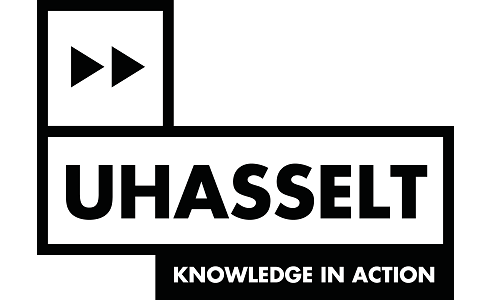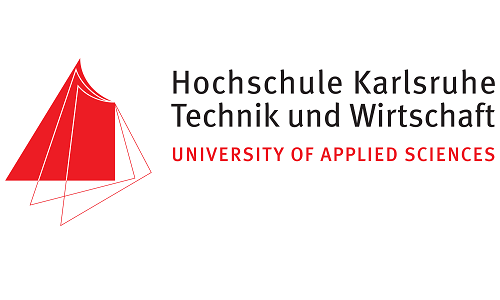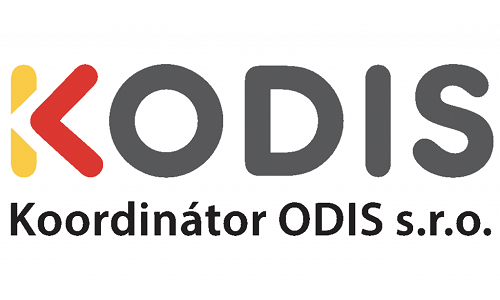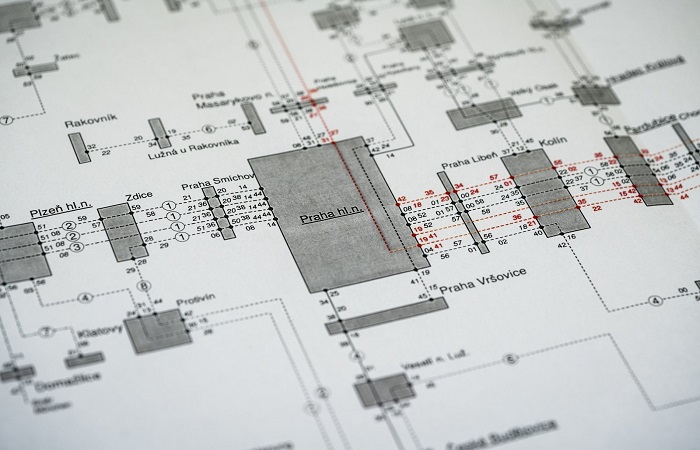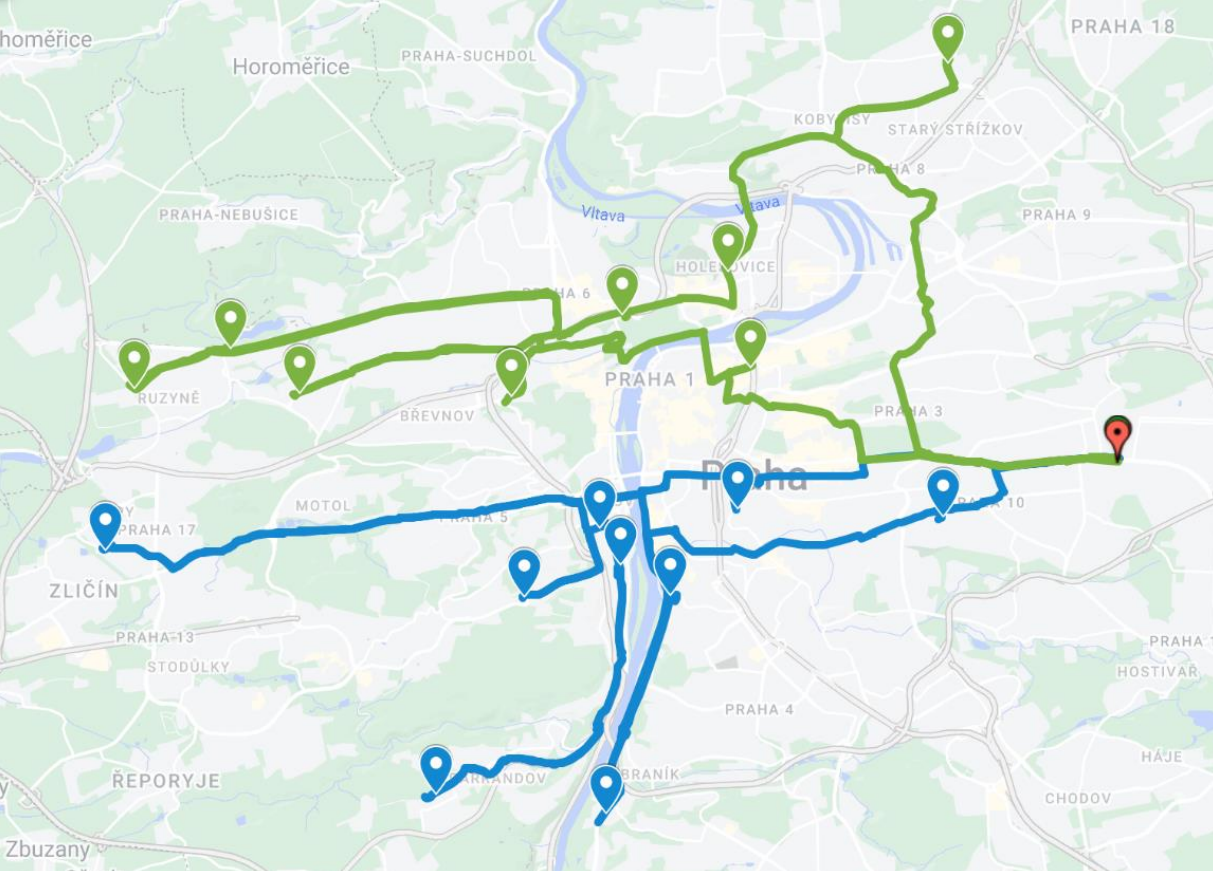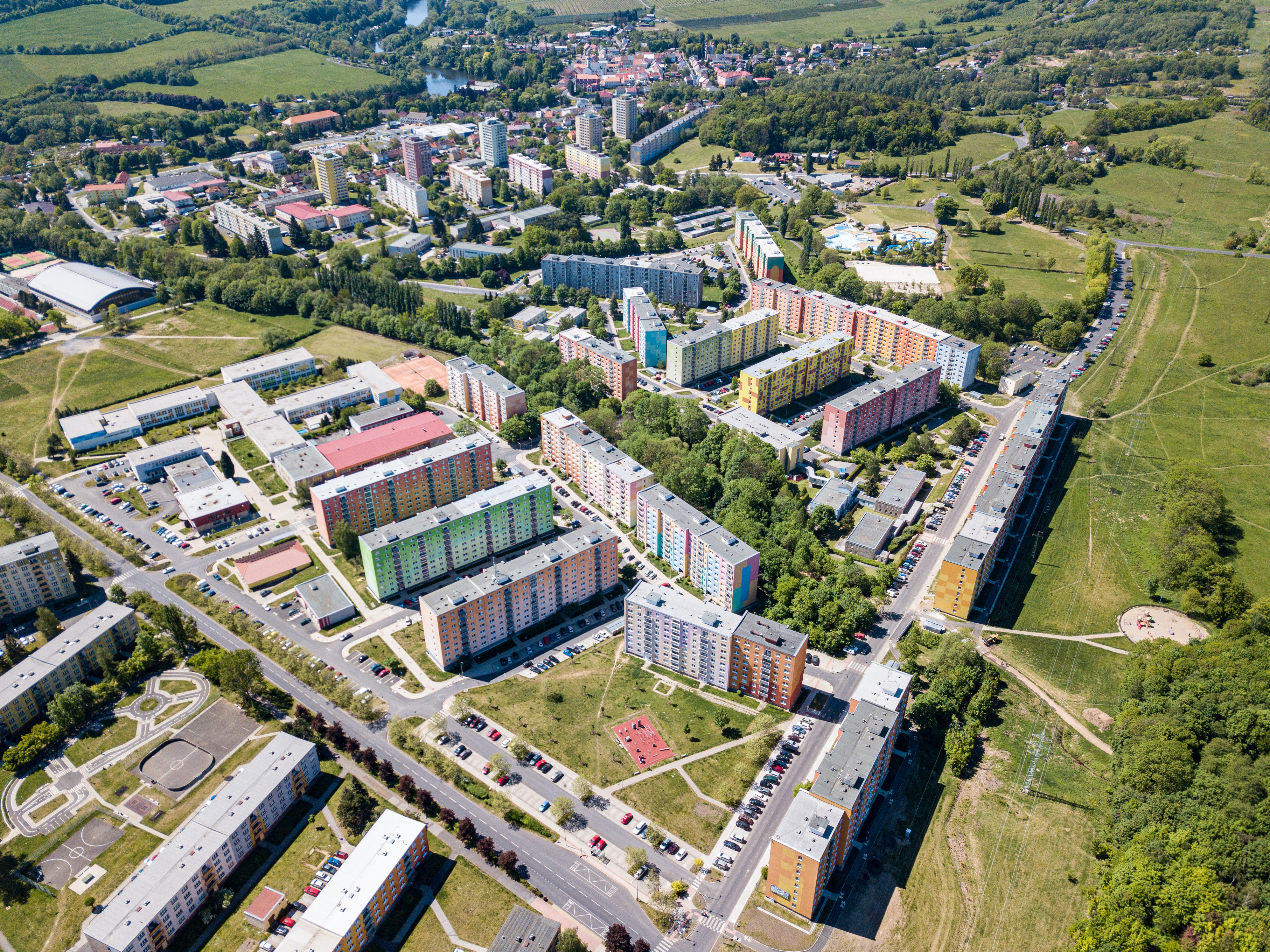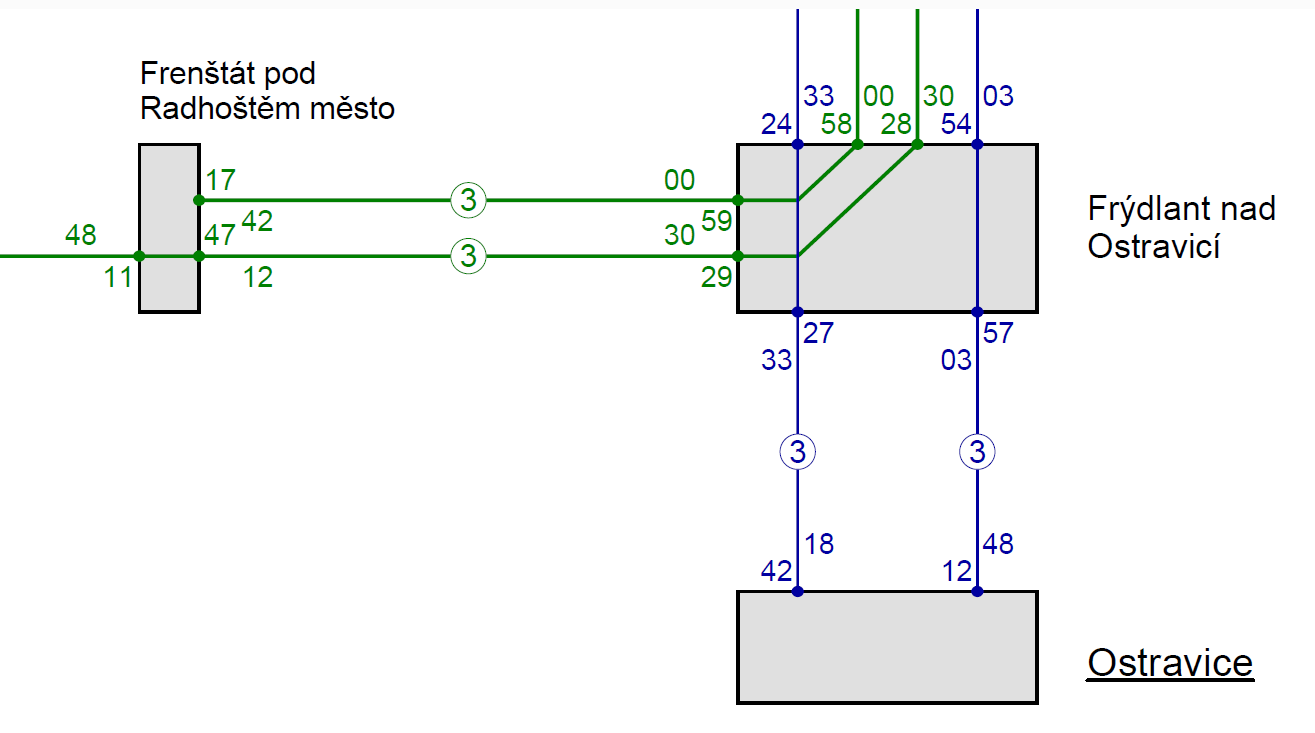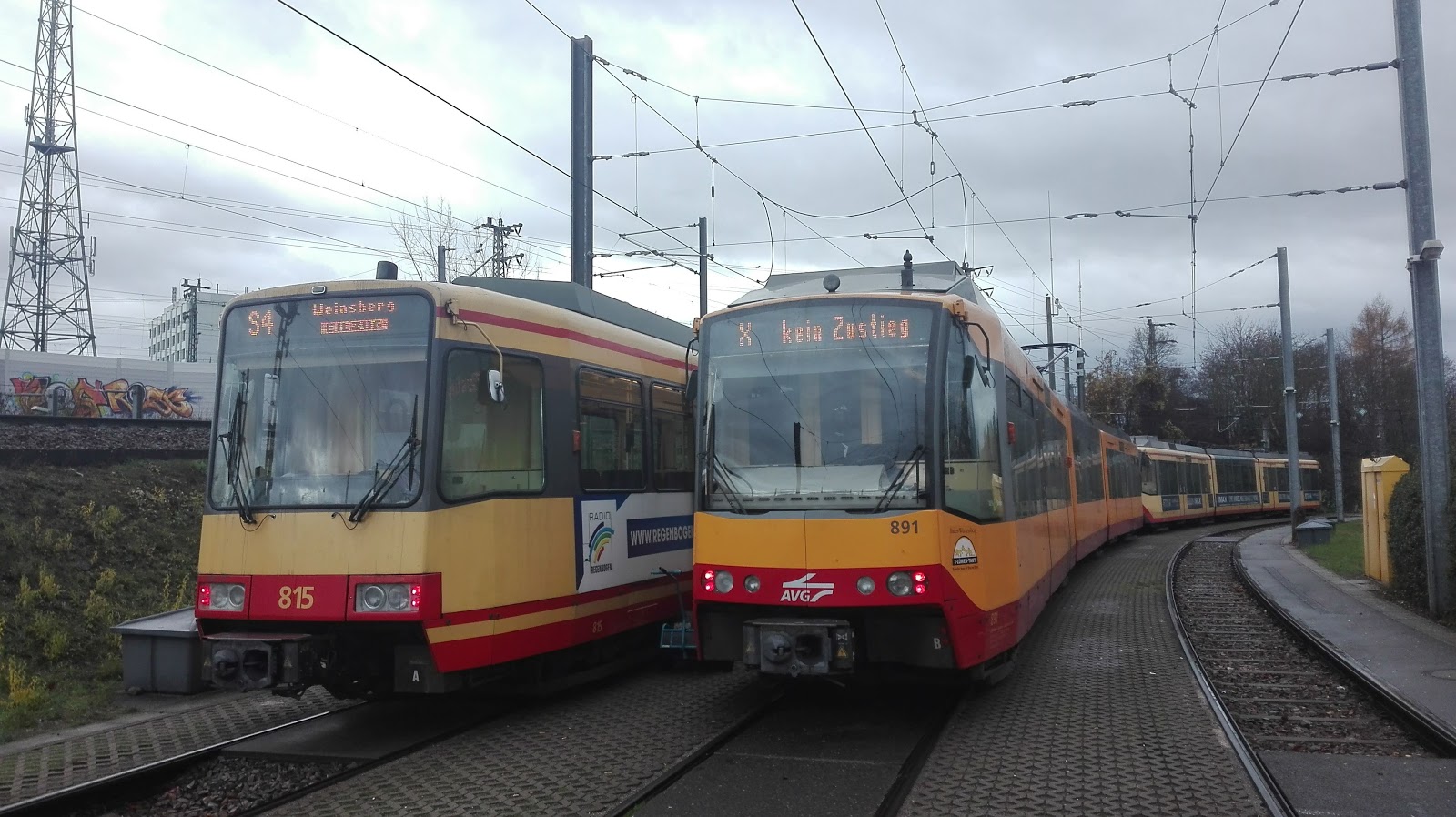Our team
We are convinced that a well-coordinated and active team is the main pillar of the whole project. Together we participate in a number of professional excursions to regions and abroad. We regularly meet colleagues from other projects at meetings and informal gatherings. We are looking for new members to join us and actively participate in the project group with a focus on development of regional mobility. And who is a member of our project team so far?

Ing. Petr Fridrišek
Research Group Leader, Ph.D. Student CTU FTS K617
"Even the journey might be the destination!"
Petr comes from the Moravian-Silesian Region, He studied Transportation Systems and Technology at CTU in Prague, afterwards he continued to study Logistics and Transport Processes Control. He studied one semester under the ERASMUS+ programme at Hasselt University, Belgium where he was focused on the concept of Mobility-as-a-Service. Petr has completed an internship with several passenger carriers, and currently cooperates with KODIS, a regional public transport authority. He likes to focus on local topics from various regions of the Czech Republic.
17TZND - Technology of Railway Transport
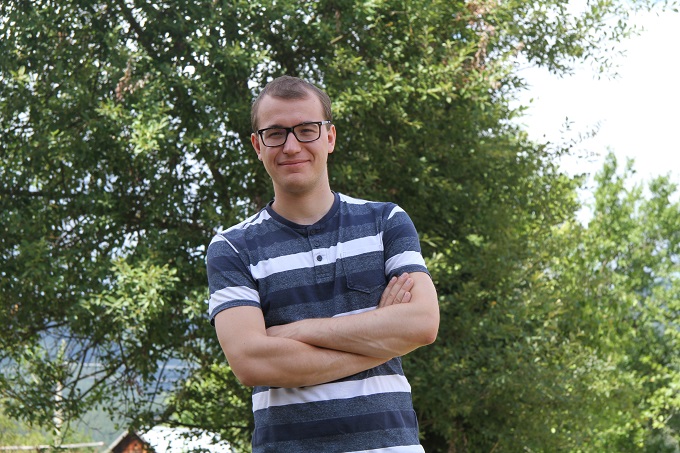
Ing. Stanislav Metelka
Research Group Leader, Ph.D. Student CTU FTS K617
"You can't replace a tram bell with a horn or an MP3 sound."
Standa is a local patriot from Olomouc who has been interested in public transport since childhood. As part of the LOG programme, he first dealt with suburban buses in his hometown. With six months of foreign experience from the tram-train city of Karlsruhe he then moved this means of transport to central Moravia. Apart from the FTS, you could also find Standa at IDSK, where he worked on the concept of railway transport development in the Prague agglomeration. Currently, he is on an internship in Dresden dealing with the issue of emission-free vehicles in regional transport.
17TVD - Technology of Public Transport


